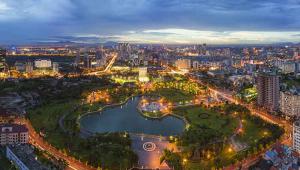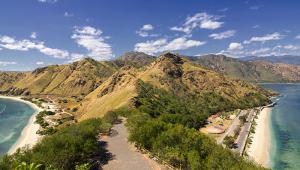The country, which relies on its oil reserves, should also consider a fiscal reform strategy to ensure long-term financial sustainability. It should also rationalise recurrent spending but protect health and education budgets, the fund added.
“While recognising the need to close Timor-Leste’s large infrastructure gap, any frontloading of capital spending should be limited and prioritised, in line with the country’s scarce resources and capacity constraints,” said Yu Ching Wong, who led the IMF team on its mission.
“The medium-term outlook for Timor-Leste depends critically on economic diversification, as its oil field production will be depleted by around 2022.
“Significant frontloading of public investment poses considerable downside risks to fiscal sustainability, due to the envisaged large Petroleum Fund withdrawals required for financing this investment spending,” she added.
The Petroleum Fund’s closing balance last year declined to $15.8bn (about 570% of GDP).
The IMF team told Timor-Leste to put structural policy reforms in place to make the economy more diverse and to improve basic infrastructure, financial access and labour competitiveness.
Non-oil GDP was projected to grow by a moderate 3% in 2017, as a result of lower government spending and a slowdown in economic activity.
In conclusion, the mission statement said the low government expenditure was expected to reduce both fiscal and external current account deficits.
The Asian Development Bank has supplied the country with more than $380m worth of loans, grants and technical assistance.
Earlier this year, the World Bank called on the nation to boost health policy planning.
The Petroleum Fund requires that all petroleum revenues are entirely transferred to the fund and invested abroad in financial assets. Its only outgoings are transfers back to the central government budget.
It is based on a high degree of transparency and disclosure of information to help build public support for wise management of petroleum revenues and to reduce the risk of bad governance.
Timor-Leste is a small nation in Southeast Asia with a population of 1.269 million, according to 2016 World Bank figures. It is one of the region’s youngest nations after gaining independence from Indonesia in 2002.







